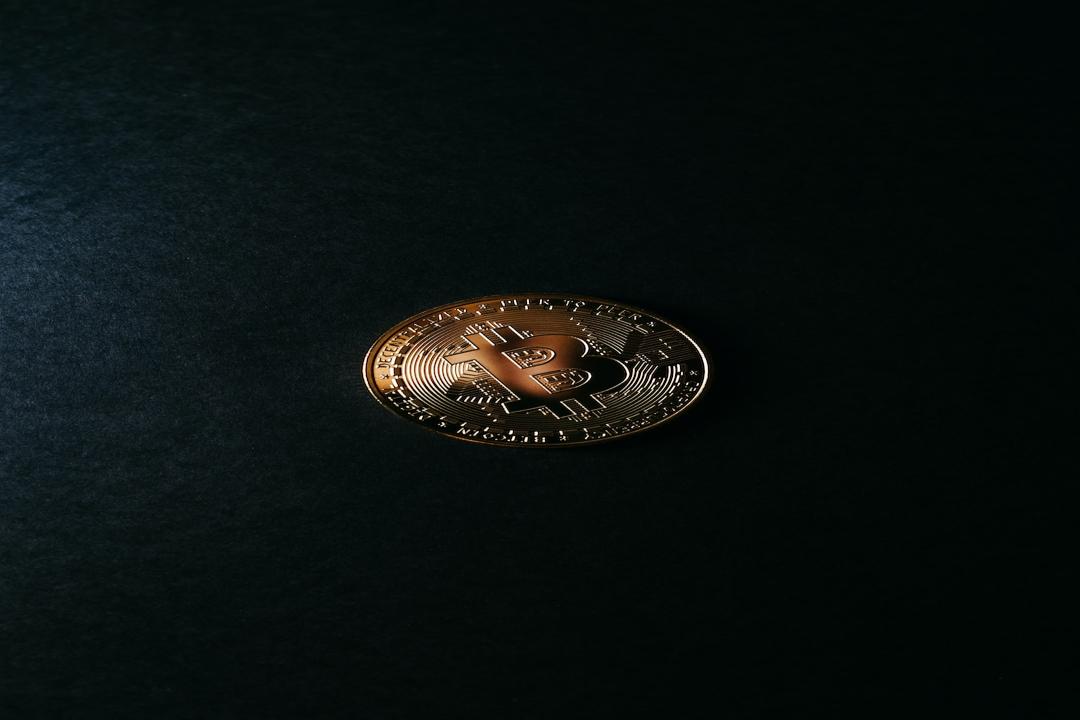Peter Schiff has expressed his belief that Bitcoin is diverting attention away from gold, which he claims would otherwise highlight the mistakes made by the Federal Reserve. According to Schiff, if gold were the main focus, the recent monetary policies of the Fed could be more thoroughly examined, potentially revealing weaknesses and failures in their approach.
Schiff stated, “Bitcoin is taking away from gold’s performance,” and he believes that gold’s recent surge in value could have signaled concerns about the central bank’s decision-making. Gold recently reached a record high of $2,630 per ounce, largely influenced by a more aggressive rate cut by the Fed than was expected.
Both Bitcoin and gold have experienced significant price movements following the Fed’s decision. Bitcoin has recently regained the $64,000 mark, indicating a potential comeback for the leading cryptocurrency. However, it still falls short of its all-time high reached in March. This underperformance compared to gold is noteworthy, as both assets are considered safe havens during times of economic uncertainty.
In light of these developments, Schiff suggests that Bitcoin’s rise may inadvertently strengthen the Federal Reserve’s position, allowing it to avoid the scrutiny that would typically accompany gold’s appreciation. This perspective challenges the idea of Bitcoin as an entirely anti-establishment asset and places it within a broader economic context.
Commodity trader Peter Brandt has also weighed in on the conversation, noting an inverse head-and-shoulders pattern in Bitcoin’s price movements. This pattern suggests that Bitcoin may outperform gold significantly in the future. Brandt’s analysis indicates a potentially bullish reversal for Bitcoin, making it an attractive investment in the coming weeks.
Brandt’s insights highlight the increasing complexity of the market as cryptocurrencies compete more and more with traditional assets like gold. As more investors turn to Bitcoin for its perceived benefits, the dynamics between these assets are rapidly evolving.
Schiff’s critical view of the Federal Reserve is not new. He has consistently argued that the central bank’s policies, particularly regarding interest rates and money supply, have led to economic instability. By suggesting that Bitcoin could distract from these issues, Schiff implies that the cryptocurrency market may unintentionally shield the Fed from accountability.
While Bitcoin is often seen as a hedge against inflation and economic mismanagement, Schiff’s comments provoke thoughts about its actual role in the broader economic discourse. If Bitcoin draws attention away from gold, it could alleviate the pressure on the Fed to address its monetary policies transparently.
The relationship between Bitcoin, gold, and the Federal Reserve is complex. While Bitcoin presents itself as a disruptive force in finance, commentators like Peter Schiff highlight its potential to unintentionally benefit the very institutions it seeks to challenge.
As Bitcoin continues to capture market attention, particularly during significant economic events like rate cuts, its influence on traditional assets such as gold and the strategies of the Federal Reserve cannot be ignored. Investors and analysts will closely monitor how these dynamics unfold, especially as both Bitcoin and gold navigate a complex economic landscape.
In this ongoing narrative, understanding market signals, investor behavior, and the implications of central bank policies will be crucial for anyone involved in the cryptocurrency market. Whether Bitcoin will emerge as a true alternative to gold or coexist with traditional assets remains an open question, but one thing is certain: the conversation surrounding its impact is far from over.

